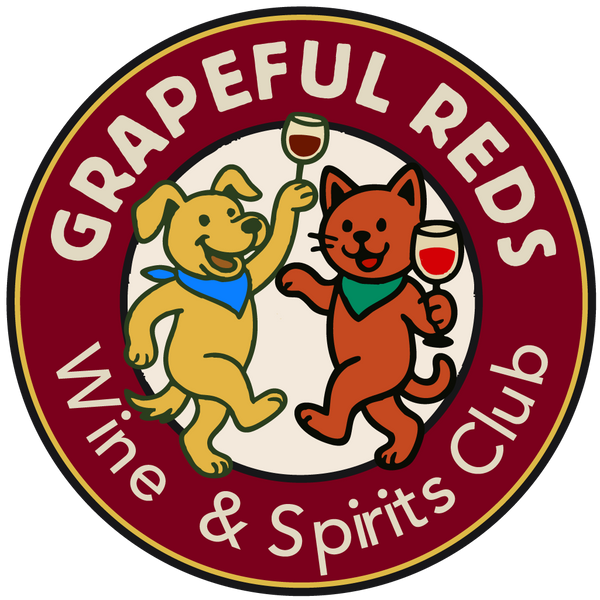Appellation
Definition:
Think of it as a wine’s return address. It’s the official hometown scribbled on the bottle, telling you where those grapes grew up and who they hung out with.
Why it Matters:
In cocktails and bartending, appellations give you the power to flex your wine cred. When you’re mixing a French 75 and you mention the Champagne appellation, suddenly you’re not just pouring bubbles; you’re dropping status. It’s like saying, “This isn’t just sparkling wine, my friend, it’s Champagne with a capital C, straight from its ancestral zip code.”
Appellations also act like quality filters. A bartender who knows whether that Vermouth de Chambéry actually comes from Chambéry, or that Port really hails from Portugal, isn’t just making drinks... they’re making history in a glass. It’s the difference between “house wine spritzer” and “carefully crafted aperitif with roots deeper than a family tree in Tuscany.” In other words, appellations let you elevate cocktail talk from “I saw this on TikTok” to “I know a guy in Bordeaux.”
